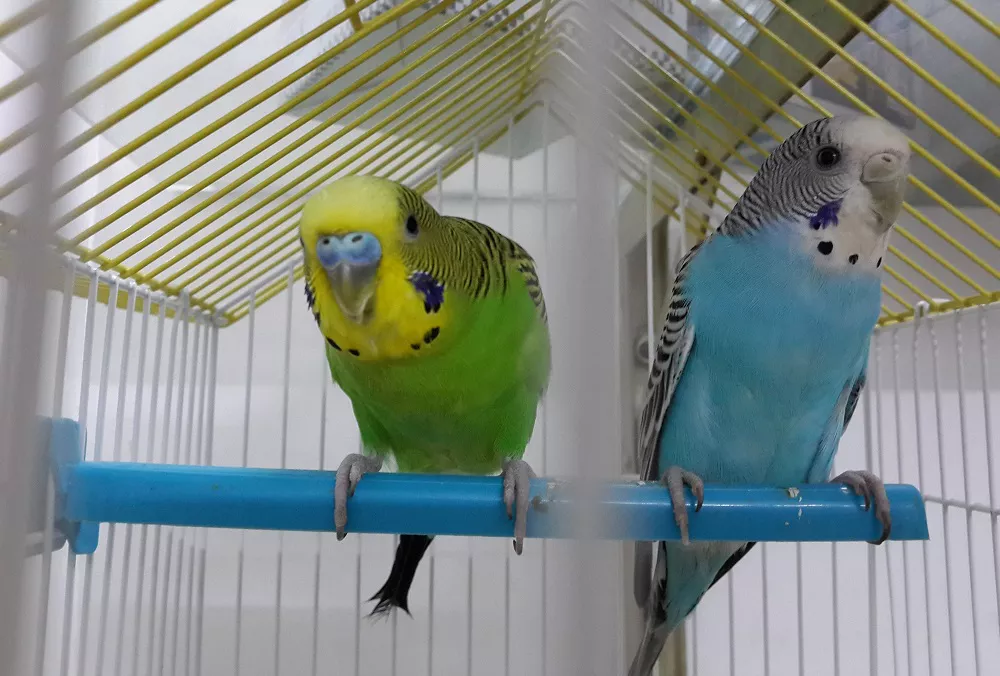Parakeets, also known as budgerigars, are a popular pet bird that can make great companions. They are small, colorful, and relatively easy to care for. As with any pet, it’s important to provide them with a balanced diet that meets their nutritional needs. However, not all foods are safe for parakeets to consume. In this article, we will discuss what parakeets cannot eat.
- Avocado: Avocado is toxic to birds, including parakeets. The fruit, skin, and pit contain persin, a compound that can cause vomiting, diarrhea, and difficulty breathing.
- Chocolate: Chocolate contains theobromine, a stimulant that can be toxic to parakeets. Even small amounts of chocolate can cause vomiting, diarrhea, and seizures.
- Caffeine: Like chocolate, caffeine is a stimulant that can be harmful to parakeets. It can cause rapid breathing, heart palpitations, and even death in high doses.
- Alcohol: Parakeets should never be given alcohol, as it can cause severe damage to their liver and brain.
- Salt: Parakeets are sensitive to salt, and too much can cause dehydration and other health problems. Avoid giving them salty snacks like chips or pretzels.
- Sugar: While parakeets can eat some fruit, they should not be given sugary treats like candy or cookies. Too much sugar can lead to obesity, diabetes, and other health issues.
- Fatty foods: Parakeets should not be fed fatty foods like fried chicken or cheese. These foods are high in calories and can lead to obesity and other health problems.
- Apple seeds: While apples are safe for parakeets to eat, the seeds contain small amounts of cyanide, which can be toxic in large amounts.
- Rhubarb: Rhubarb leaves contain oxalic acid, which can be toxic to parakeets. Avoid giving them any part of the rhubarb plant.
- Cherry pits: Like apple seeds, cherry pits contain small amounts of cyanide and should not be given to parakeets.
In addition to avoiding these foods, it’s important to provide parakeets with a balanced diet that includes pellets, fresh fruits and vegetables, and occasional treats like millet sprays. Consult with a veterinarian or avian specialist to determine the best diet for your parakeet, and always err on the side of caution when introducing new foods to their diet.
In conclusion, parakeets should not be given certain foods that are toxic or harmful to their health. By providing them with a balanced diet and avoiding these foods, you can help ensure that your parakeet remains healthy and happy.


 Facebook
Facebook  Instagram
Instagram  Youtube
Youtube 